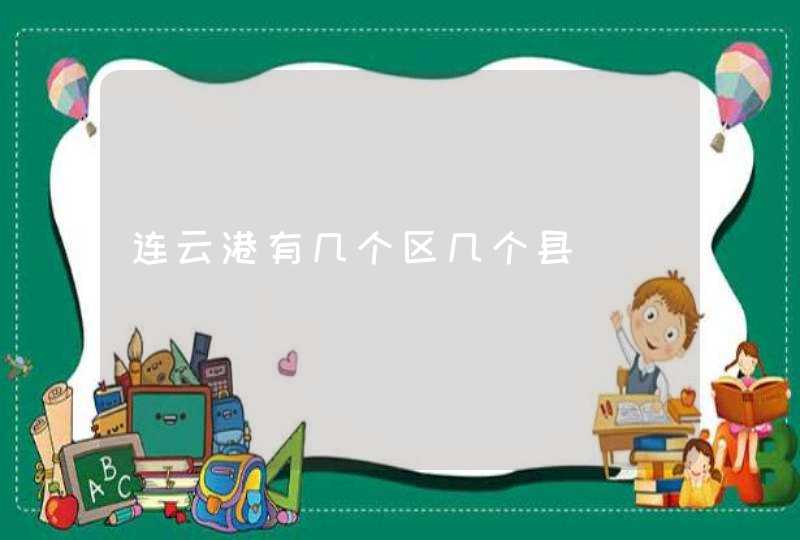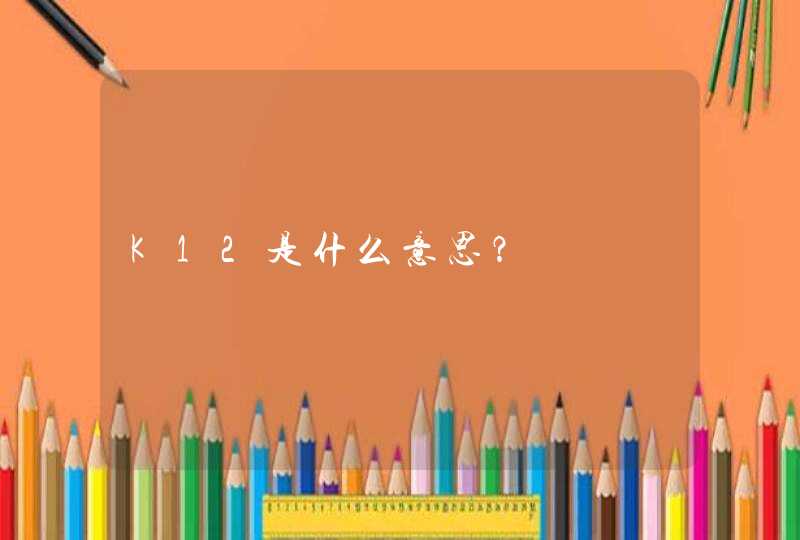实意动词就是有实际意义的动词,它意思完全,能独立用作谓语,例如:eat(吃),walk(走路),smile(笑),sing(唱),run(跑),dance(跳)等。
实意动词有及物动词和不及物动词。
及物动词如like,例句:I like her very much because she is kind and warm-hearted.
不及物动词如come,例句:When he comes he will tell us all about it.
实意动词的用法
(1)肯定句
主语+动词过去式+其它
(2)否定句
主语+助动词didn't+动词原型+其他
(3)一般过去式
Did+主语+动词原型+其他
(4)单数第三人称形式
在一般现在时的肯定句中,当主语为非第三人称单数时,谓语动词用原形;当主语为第三人称单数时,谓语动词用单数第三人称形式。
实义动词实义动词:及物动词(带宾语);不及物动词(不带宾语).
实义动词意思完全,能独立用作谓语.实义动词有及物动词和不及物动词(及物动词是指后面要求有直接宾语的动词;不及物动词指后面不需要跟宾语的动词)
即行为动词,表示动作的动词.它分为及物动词和不及物动词两种
及物动词 后面必须跟宾语意义才完整的实义动词,叫做及物动词(transitive verb).如:
I believe that the committee will consider our suggestion.我相信委员会将会考虑我们的建议.
“How long can I keep the book ”Harry asked.哈里问:“这本书我可以借多久?”
Dr.Bethune set us a good example.白求恩大夫给我们树立了好榜样.
Crude oil contains many useful substances.原油含有许多有用的物质.
2)不及物动词 本身意义完整后面不须跟宾语的实义动词,叫做不及物动词(intransitive verb).如:
Birds fly.鸟会飞.
It happened in June 1932.这件事发生于一九三;年六月.
My watch stopped.我的表停了.
She spoke at the meeting yesterday evening.她在昨天晚上的会上发了言.
3)兼作及物动词和不及物动词 英语里有不少实义动词可以兼作及物动词和不及物动词.这样的动词又有两种不同的情况:
a)兼作及物动词和不及物动词时,意义不变.试比较:
Shall I begin at once?我可以立刻开始吗?(begin作不及物动词)
She began working as a librarian after she left school.她毕业后当图书馆管理员.(began作及物动词)
When did they leave Chicago?他们是什么时候离开芝加哥的?(leave 作及物动词)
They left last week.他们是上周离开的.(left 作不及物动词)
b)兼作及物动词和不及物动词时,有时意义不尽相同.如:
Wash your hands before meals.饭前要洗手.
Does this cloth wash well?这布经得起洗吗?
4) 与汉语的比较 有时英语动词的及物和不及物的用法,与汉语的用法不一样,请注意下列两种情况:
a)有的动词在英语里只能用作不及物动词,而汉语则可用作及物动词,如arrive到达,agree同意,1isten听.英语里这些动词后面常接介词.如:
We arrived at the railway station at noon.我们于中午到达火车站.(at不能省去)(比较:We reached the railway station at noon.)
Everybody listened to the lecture with great interest.每个人都很有兴趣地听讲课.(to不可省去)(比较:We all heard the lecture.)
Do they agree to the plan?他们同意这个计划吗?(to不可省去)
b)有的动词在英语里能用作及物动词,而在汉语里则不能用作及物动词,如serve为…服务.
Our children are taught to serve the people wholeheartedly.我们的儿童被教以全心全意为人民服务
实义动词的用法
实义动词词义完整,能独立作谓语,可分成:及物动词(transitive verb)和不及物动词(intransitive verb).
1.及物动词要求有宾语
①Mr.Smith gave his wife twenty pounds for her birthday.史密斯先生给了他的妻子20英镑过生日.
②He asked the teacher a few questions.他向老师问了几个问题.
③We have friends all over the world.我们的朋友遍天下.
④Children and young people like bright colors.孩子和年轻人喜欢亮丽的颜色.
2.不及物动词不要求宾语
① Most shops in Britain open at 9:00 A.m.and close at 5:00 or 5:30 in the evening .英国大部分商店九点开门,晚五点或五点半关门.
②George's father lives there.乔治的爸爸住在那里.
③Let's go home.我们回家吧.
④The examination ended at 11:30 A.m.考试上午十一点半结束.
3.特殊实义动词
英语动词很多既是及物动词又是不及物动词,如
close,begin,study,leave,work等.
①The post office closes at 9:00 p.m.邮局晚上9点关门.
②Close the window,please.请关窗.
③Shall we begin now?我们现在开始吗?
④ Bill began working as a sailor after he left school.比尔毕业后当水手.
⑤They left yesterday.他们昨天离开的.
⑥When did you leave Washington?你什么时候离开华盛顿的?
⑦The students study hard.这些学生学习努力.
⑧The students study English and German.这些学生学习英语和德语.
⑨He works in a supermarket.他在一家超市工作.
⑩He works the machine on Mondays.他星期一操作这台机器.


